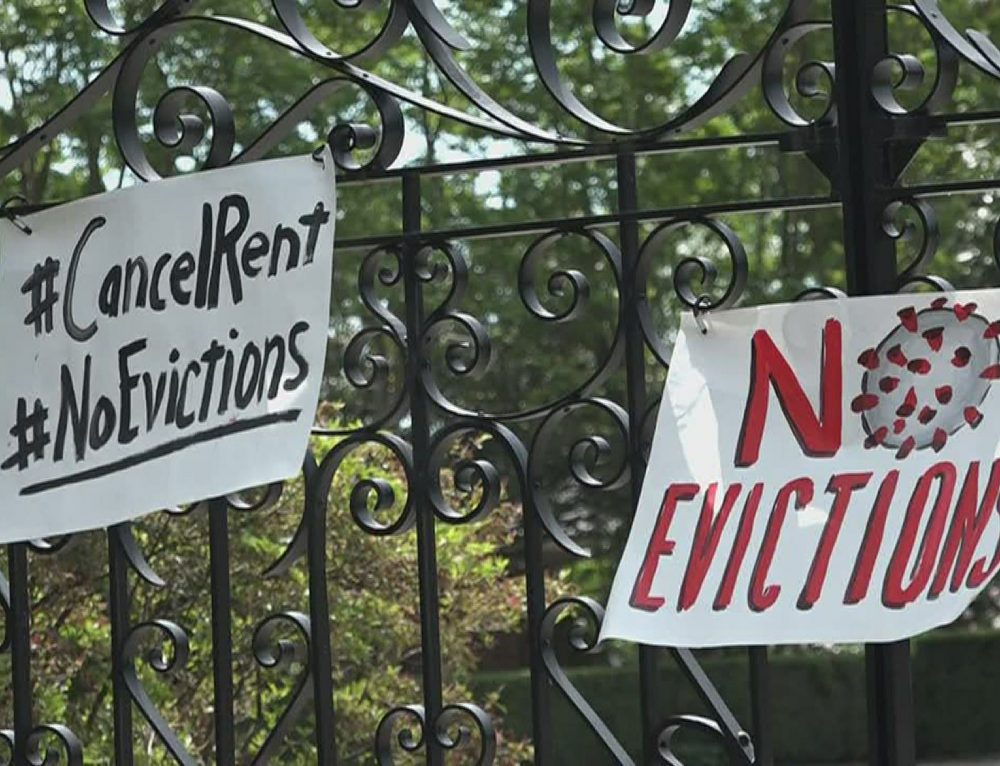As of July 31st, 25 million people in the US stopped receiving federal unemployment checks.
According to Niall McCarthy reporting from Forbes, weekly $600 federal unemployment checks will be cut by 43% and replaced with a reduced weekly payment of $200 through September, and that could have serious repercussions for tens of millions of Americans who have counted on the $600 payment as a crucial financial lifeline amid the economic havoc wreaked by the pandemic across the country, even resulting in more than 40 % of American renters being evicted from their homes in the near term because they can’t afford to pay their rent.
This assessment comes as the federal government’s economic relief boost, which has been providing relief for 25 million unemployed Americans, is set to end. On top of that, the Federal Eviction Moratorium has expired, placing renters with federally backed mortgages at risk of losing their homes. It is estimated that they account for just over a quarter of all U.S. renters. The analysis is based on Household Pulse Data from mid-July and it found that some states will be hit harder than others. For example, West Virginia is estimated to have the highest share of renter households facing eviction at close to 60%. Tennessee, Minnesota, Mississippi, Florida and Louisiana are all among the states set to be worst impacted with shares at 50% or higher. Elsewhere, Vermont is the state where renters will be at the lowest risk of eviction, though 22% of them will potentially lose their homes over the course of the crisis.
Even though White House economic advisor Larry Kudlow has hinted on an extension, the provision’s expiration has allowed landlords to file eviction notices, though they won’t be able to push people out of their homes for at least another 30 days.












